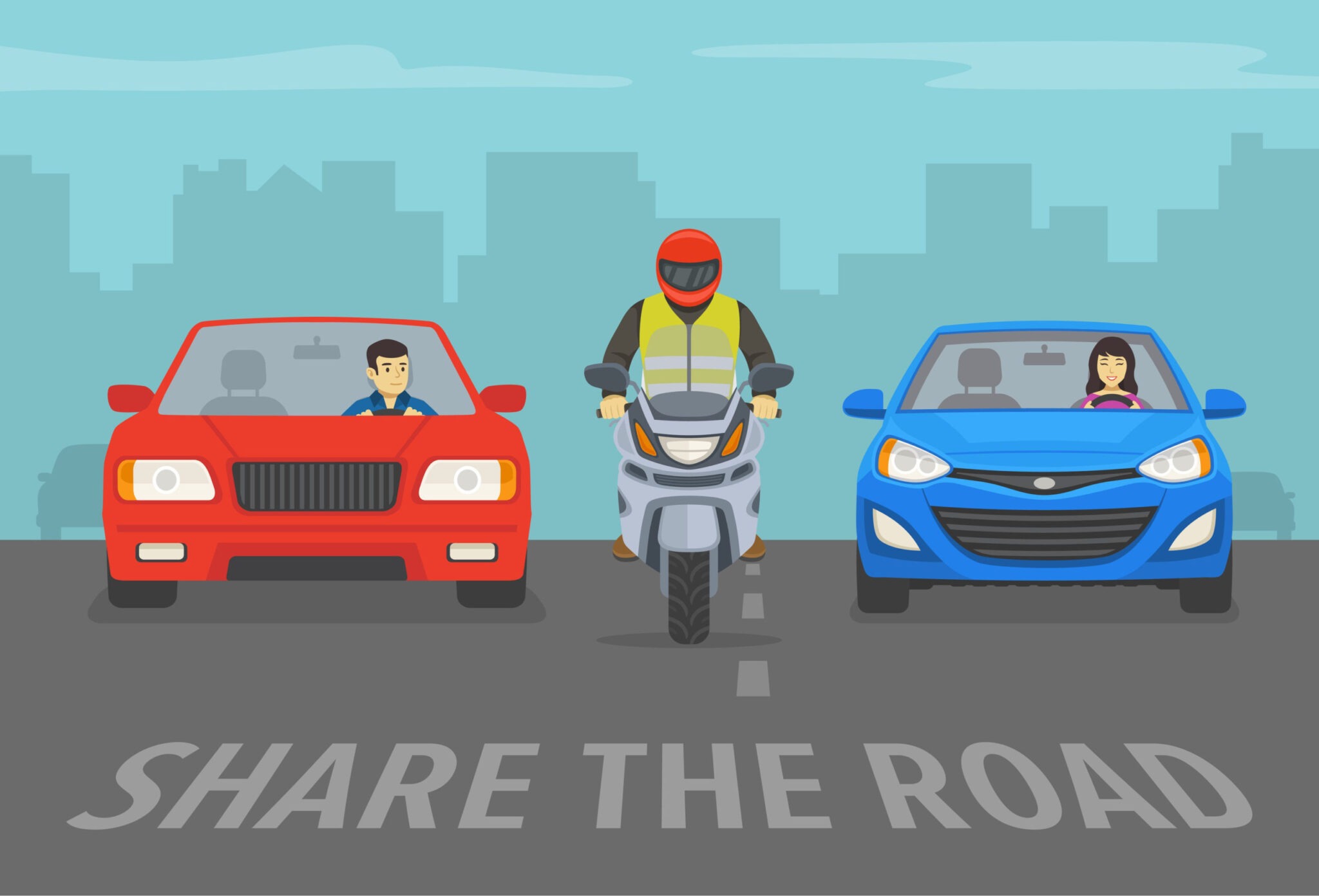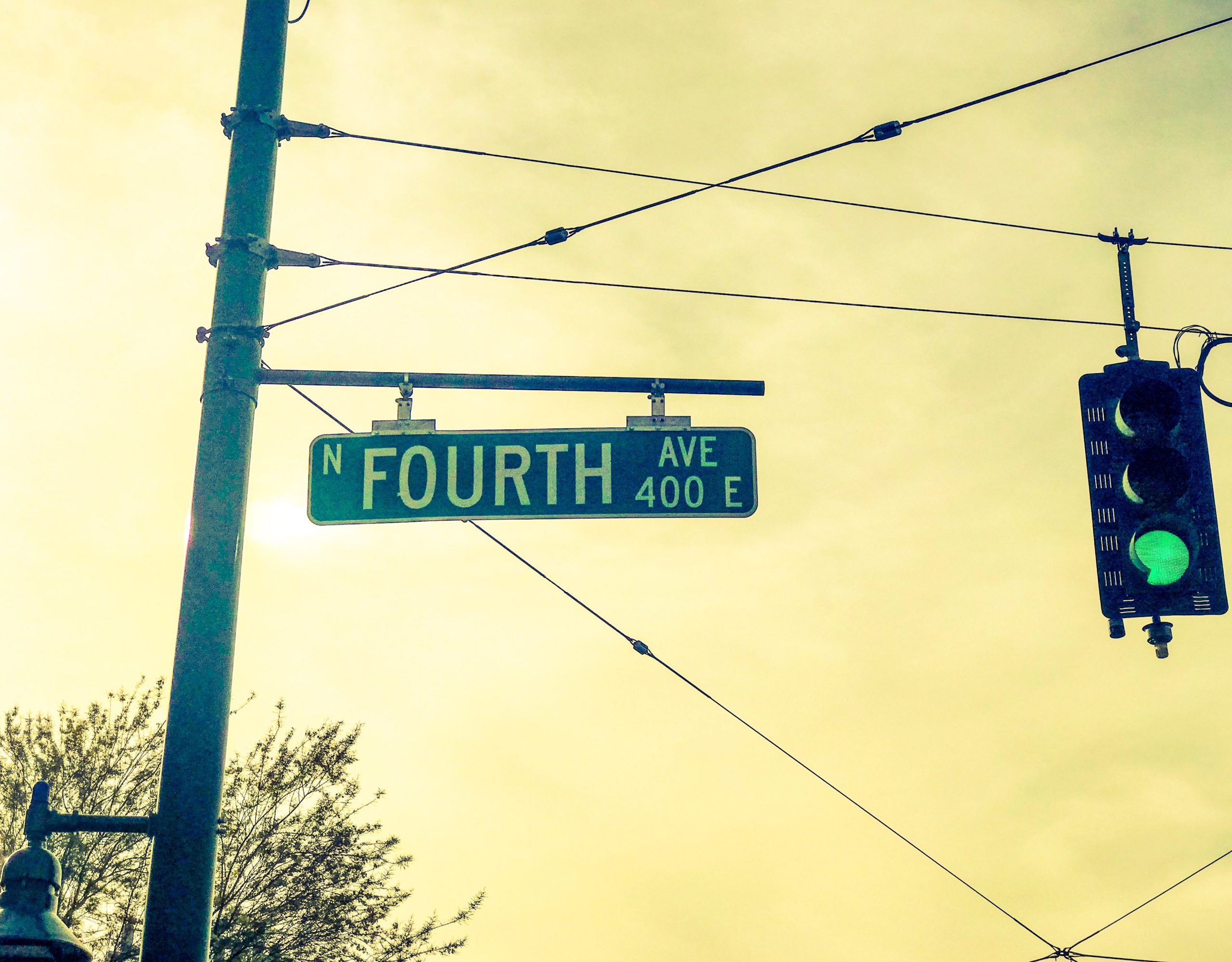Tucson Lane Splitting: Everything You Need to Know
September 10, 2022

Lane splitting has long been a controversial topic, especially in the motorcycle-friendly state of Arizona. Both motorcycle riders and other motorists disagree on the legalization of lane splitting. While many people think it may reduce traffic, not everyone is sure that making it legal will benefit the state’s drivers.
However, it is crucial to keep in mind the variations between lane filtering and lane splitting in Tucson. Arizona just legalized lane filtering, which enables motorbikes to drive slowly through halted traffic. The only state that still permits motorcycles to lane split is California.
Lane splitting and lane filtering have a seemingly small but important difference. But understanding each is important to maintain motorcycle safety in Arizona and stay within the boundaries of Tucson traffic laws.
Arizona Lane Filtering Law Is in Effect
The Arizona State Governor legalized lane filtering in 2022 after the legislation easily passed both the Senate and the House with broad bipartisan support. The state now joins California, Utah, and Montana with similar laws in place.
If other vehicles are stopped, motorcyclists are permitted to travel between lanes at a maximum speed of 15 mph. The practice, which is based on Utah’s law, is only permitted on highways with a posted speed limit of 45 mph or less. Riders are not permitted to pass on the median or the shoulder.
Motorcyclists may benefit from the new law, as riders who lane split can avoid being hit from behind or crushed between two vehicles.
For a free legal consultation, call (866) 499-8989
Lane Splitting Is Not Legal in Tucson or Anywhere in Arizona
Lane splitting is still prohibited in Arizona as of 2022. No motorcycle operator shall “overtake and pass in the same lane occupied by the vehicle overtaken” or “operate a motorbike between the lanes of traffic or between two adjacent rows of automobiles,” according to ARS § 29-903.
In other words, lane splitting—the act of passing another vehicle in the same lane or in the space between lanes—is not permitted. Arizona only allows motorcycle lane splitting when the rider is a peace officer acting in the course of official business.
What Happens if I Lane Split in Tucson?
In Arizona, breaking the lane-splitting law is a moving violation that can lead to fines and tickets. Motorcycle riders are typically responsible for damages if they cause an accident by lane-splitting in Tucson or attempting to pass another vehicle in the same lane.
Unless the motorcycle rider cuts between cars to escape a collision or another hazard, breaking the law and traveling between lanes is considered negligence.
Click to contact our personal injury lawyers today
The Risk of Lane Splitting on a Motorcycle in Tucson
Lane splitting can result in serious injuries and expensive damage to your bike and surrounding vehicles. Either the motorcycle rider or the motorists in the passenger cars could suffer serious or fatal injuries.
This is why it’s so important for drivers to stay clear of bikers when they practice lane splitting in Tucson or other risky driving techniques. Though many of these acts aren’t legal, motorcycle riders often create accidents when they engage in dangerous maneuvers such as:
- Lane splitting in dangerous driving conditions or inclement weather
- Lane filtering when there isn’t enough space between vehicles
- Erratic movements and weaving
- Changing lanes while near toll booths
- Lane splitting in fast-moving traffic
Complete a Free Case Evaluation form now
Why Some Bikers Choose to Lane Split in Tucson
Motorcyclists use lane splitting because their vehicles are more compact all around than ordinary passenger cars and light trucks. Many riders believe that lane splitting is safer than remaining in one lane of congested or stopped traffic.
They believe this maneuver can help them avoid being hit from behind in slow-moving traffic and improve their visibility to other drivers. Another reason bikers may lane split is to avoid backed-up traffic.
How to Legally Lane Filter in Arizona
The new law allows motorcycle riders to pass cars in the same lane under the following circumstances:
- The speed limit on the road you are traveling is 45 mph or less
- The road has two or more contiguous lanes of traffic moving in the same direction
- The surrounding cars are stopped
- The action can be performed safely
- When lane filtering, motorcycles must maintain a speed of no more than 15 mph
- Lane filtering is never allowed on freeways
While road rage incidents may be sparked by arguments over lane sharing between motorists and motorcycle riders, lane filtering can relieve some of the traffic congestion.
According to the National Highway Traffic Safety Administration, the practice is widespread in many other nations and merits more investigation because it provides a way to lessen traffic in addition to the potential safety advantages.
Can I Recover Damages After a Lane Splitting Accident?
Due to Arizona’s statutory limitation on lane splitting, you will be deemed negligent per se if you cause an accident while riding across two lanes of traffic or between adjacent rows of cars.
Negligence alone does not bar you from obtaining damages from an accident, even if you were breaking the lane splitting law. Arizona follows the comparative fault doctrine, which enables injured plaintiffs to receive compensation even if their own negligence contributed to their injuries.
Simply said, the overall losses will be reduced in proportion to their percentage of fault in the crash. If a Tucson lane splitter caused the accident, the key question is whether the defendant is accountable for your injuries, even in part.
Learn More About Tucson Lane Splitting and Traffic Laws
If you have further questions about motorcycle traffic laws or you’ve had an accident that involved lane splitting or lane filtering in Tucson, contact our motorcycle accident injury lawyers.
Zanes Law has represented countless bikers in Arizona and helped them to recover substantial compensation. Our attorneys are here to help you understand your rights and your legal options.
Call or text (866) 499-8989 or complete a
Free Case Evaluation form







